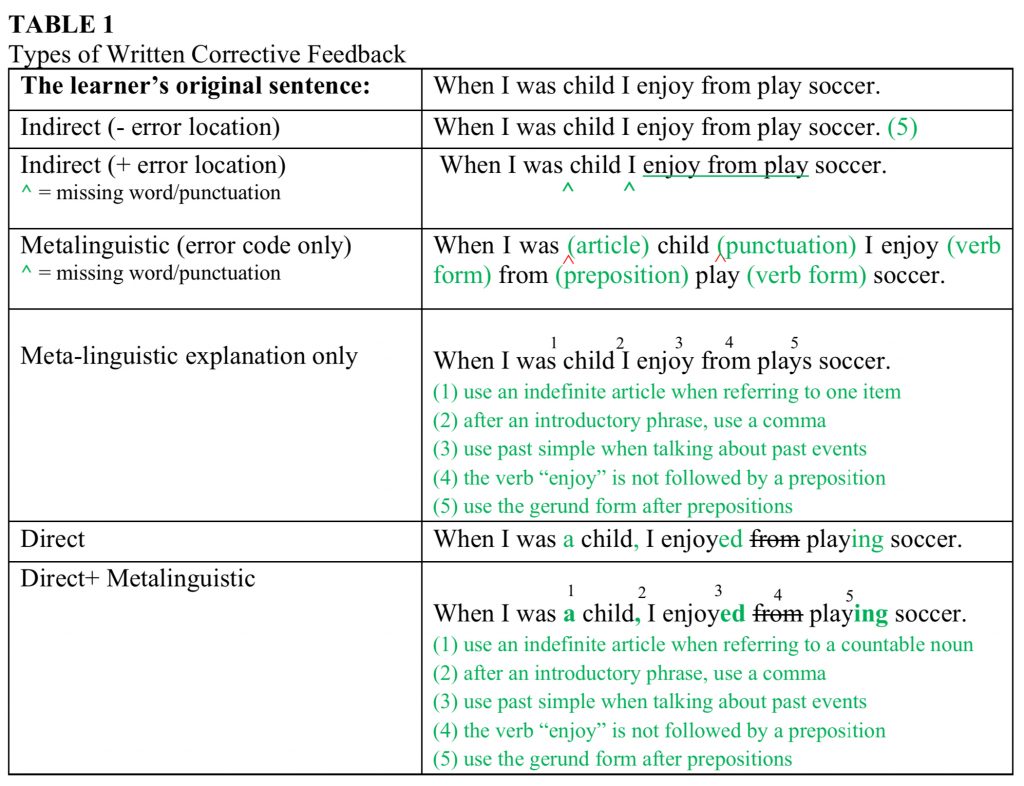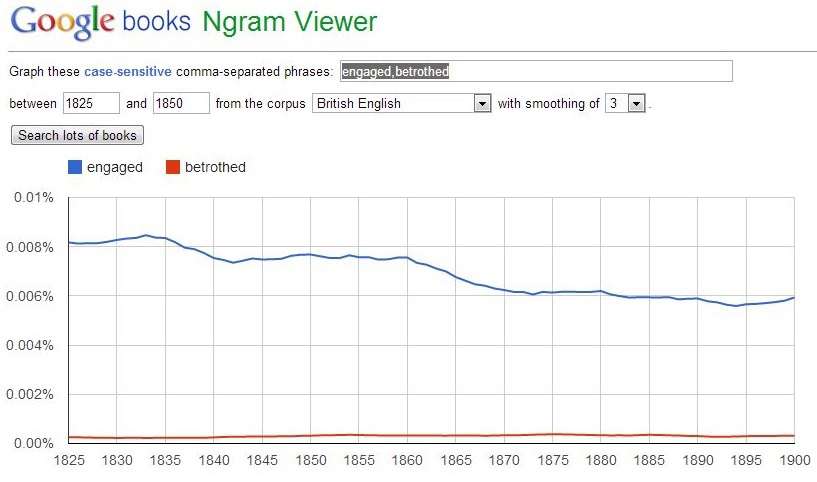



The words evening and morning together (38 times) most often indicate an ordinary day. There are a few instances where yom and a number do not imply a literal, 24-hour day.
#Era correct wordor plus
Outside of Genesis 1, yom plus a number (used 410 times) almost always indicates an ordinary day, i.e., a 24-hour period. The Hebrew word yom is used 2,301 times in the Old Testament. We can determine how yom should be interpreted in Genesis 1:5–2:2 by comparing that context to the word’s usage elsewhere in Scripture. So, what does yom mean in Genesis 1:5–2:2 when used in conjunction with ordinal numbers (i.e., the first day, the second day, the third day, the fourth day, the fifth day, the sixth day, and the seventh day)? Are these 24-hour periods or something else? Could yom as it is used here mean an unspecified period of time? And it is used to refer to an unspecified period of time in Genesis 2:4. It is used to refer to the period of daylight between dawn and dusk in Genesis 1:16. It is used to refer to a 24-hour period in Genesis 7:11. And it can refer to an unspecified period of time (e.g., “back in my grandfather’s day. It can refer to the period of daylight between dawn and dusk (e.g., “it gets pretty hot during the day but it cools down a bit at night”). It can refer to the 24-hour period of time that it takes for the earth to rotate on its axis (e.g., “there are 24 hours in a day”). The Hebrew word yom translated into the English “day” can mean more than one thing. Poorly, on other counts, however.In our opinion, examination of the Hebrew word for “day” and the context in which it appears in Genesis will lead to the conclusion that “day” means a literal, 24-hour period of time. His hand was still steady but I had the feeling then that under other circumstances, by fighting a defensive fight, I just might be able to wear him down with that wrist injury going against him, and perhaps I could get through his guard at the proper moment when he began to slow. There was blood dripping from his right wrist. He parried me and made me retreat before his own attacks. I tried three more elaborate attacks and was defeated on each occasion. I cursed this, but I couldn't get around it. He was a better man than I was, when it came to the blade. I kept backing away, and the fear and the knowledge came upon me: I knew I still couldn't take him. "What makes you better than the rest of us, and more fit to rule?" "What an enormous chutzpah you possess," I told him. Let's see what you learned on the Shadow Earth." And I'd like to quit your claim right now. Slay me, and the throne will probably be yours. If you wish to try me at arms, I find myself suitably attired. "Then it is between the two of us now, Corwin," he said. "Report has it Random accompanies thee."Īnd his eyes were wide with amaze and his voice heavy with that which men call sarcasm, and I can't think of a better word, as he replied:Īnd his blade was in his hand and mine in mine. "Oh, damnable brother" he said, retreating. But you must recall that I've defeated you twice, mercifully granting you your life on a Shadow world the last occasion." I don't know why we are driven to strive so for this ridiculous position. "It's true, that uneasy-lies-the-head bit. "More than one of us are assembled against you." I tried a very fancy attack I'd learned in France, which involved a beat, a feint in quarte, a feint in sixte, and a lunge veering off into an attack on his wrist. Then I lunged, was parried, was attacked, and parried again myself. "The fact that I was able to occupy the throne," he replied. "I know a way," he said, and then he glared at Dik, who promptly departed and closed the door behind him. I set it aside, hopefully in the direction of his face, with my right toe, but it missed and he had at me again. He parried this and kicked a small stool between us.


 0 kommentar(er)
0 kommentar(er)
